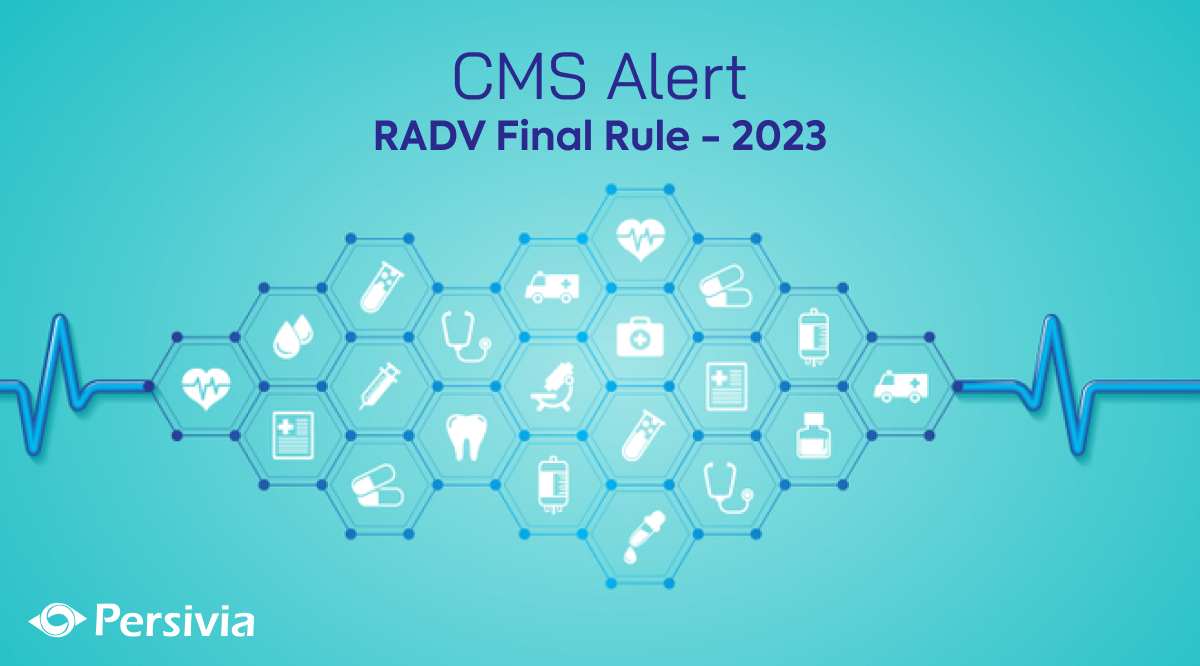The Centers for Medicare & Medicaid Services stirs controversy with finalized RADV Final Rule 2023 policies that exclude FFS Adjuster for Data Extrapolation from 2018.
After numerous delays over several years, CMS finally released the MA-RADV program’s final rule. These policies are critical for auditing and overseeing payments made to the Medicare Advantage program. Implementing this rule will safeguard the availability of benefits and services to Medicare and MA recipients while also protecting Medicare’s financial stability.
According to the Director of CMS Center for Program Integrity, these policies are crucial to the sustainability of the MA program. By conducting RADV audits, the agency can identify loopholes and verify the accuracy of claims. Besides, the new policies will ensure accurate claims submission and reduce unnecessary expenses.
“In 2011, our medical review on the FFS program resulted in $11 billion recovered to the Medicare Trust Fund. We need the same oversight and consistency in Medicare Advantage“, she further added.
Further, CMS has stated in the fact sheet that the final rule will be fully effective on April 3rd and outlines the following actions that will be taken.
Starting with the payment year 2018 RADV Audit, CMS originally planned to extrapolate data from 2011 audits, potentially demanding billions in repayments. However, CMS will only accumulate non-extrapolated overpayments acknowledged in RADV and OIG audits (Year: 2011-17). It will focus on MAOs with the highest inapt payments risk, serving as an incentive for organizations to reduce future improper risk adjustment payments.
On the other hand, the implementation of FFS Adjuster in RADV Final Rule 2023 will be eliminated by CMS, following the United Healthcare Insurance Co. v Becerra district court ruling. The actuarial equivalence provision in MA payments only applies to CMS risk adjustments and not to the obligation of MA organizations to return improper payments for unproven diagnosis codes.
“The lack of the FFS adjuster will introduce a difficult standard for documentation that will require additional administrative burden for providers when CMS and the plans are working to reduce those activities. Medicare beneficiaries enrolled in MA plans also could face fewer benefits as a result, with dental, vision, hearing, and condition-related benefits at risk of being dropped,” states Sean Creighton, Managing Director Avalere Health, in sharing his thoughts on the new rule.
What Does RADV Final Rule 2023 Bring For The Future?
The final rule is expected to help CMS concentrate its audit efforts on high-risk MA plans, resulting in nearly $5 billion of recoveries over the next decade. It could have significant financial implications for payers and providers, pending future changes resulting from industry legal challenges.
With this rule, there will be an elevation in the RADV audit activities to hold up the compliance structures and processes. The final rule’s impact on the upcoming bid can be evaluated, followed by better management and completeness of medical records and their availability in the hour of need.
